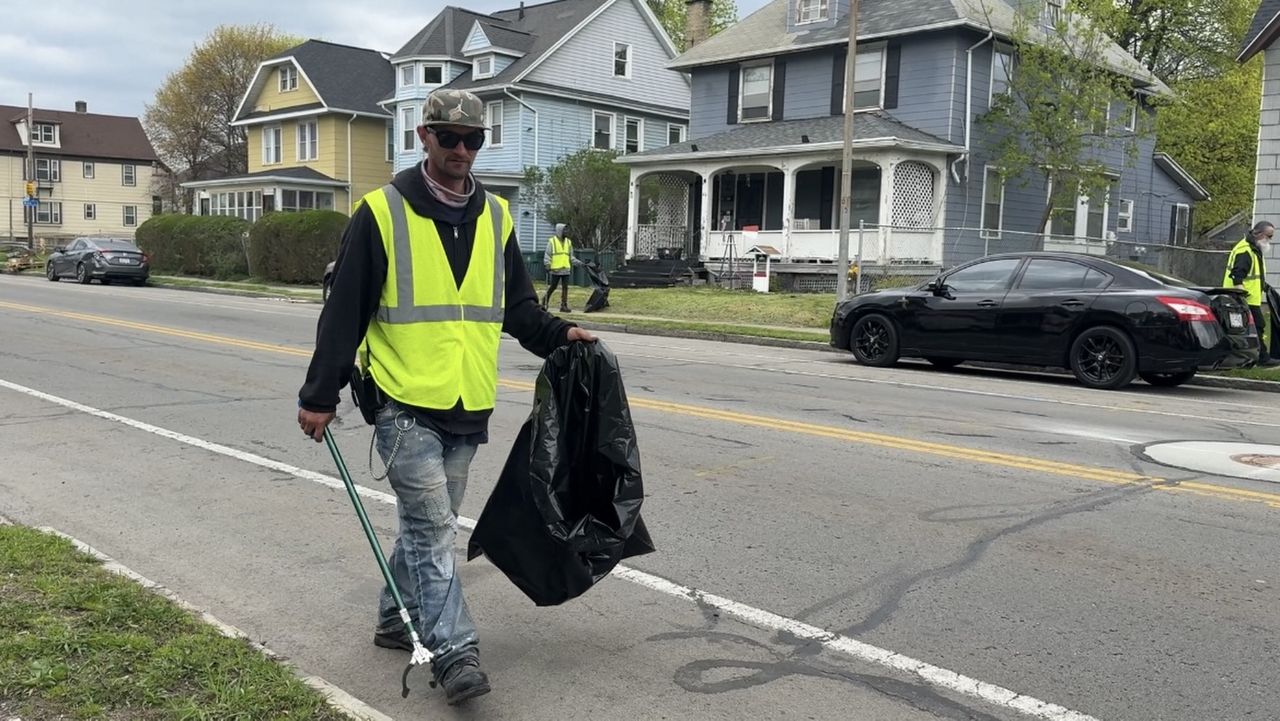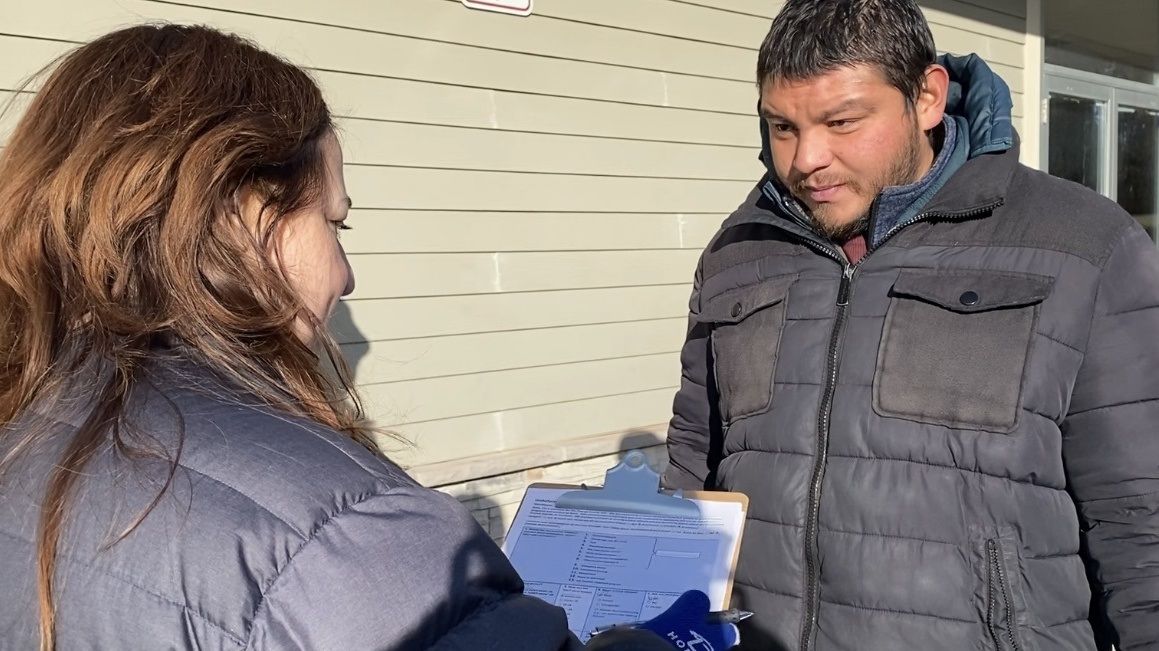"It's a rich man's world" is a quote from the 1976 ABBA song "Money, Money, Money," but the notion still stands today.
According to data from the U.S. Census, the average working woman is paid 83% of the average man's pay. According to Payscale, it's about 82 cents for every $1 a man earns.
"That varies according to race, region, industry, etcetera, and Equal Pay Day is a reminder that there's still a way to go if the gap continues to close at the current rate that it has been over the last 50 years," explained Elizabeth Cordello, an attorney and chair of Labor and Employment Practice Group.
Cordello added, despite shrinking the pay gap, there's still far to go. "My teenage daughters will not see pay equity in their lifetime," she said.
What You Need To Know
- According to the National Committee on Pay Equity, Equal Pay Day is Tuesday, March 15, a date that symbolizes how far into the year women must work to earn what men earned in the previous year
- Equal Pay Day was officially recognized in 1996 by the National Committee on Pay Equity to raise public awareness about the gender pay gap
- Despite certain legal measures, in New York, there's an average wage gap of $8,821, according to the U.S. Census Bureau
The American Association of University Women (AAUW) says the pay gap is wider for minority women. That's why there are different equal pay days throughout the year.
For 2022, Asian American, Native Hawaiian and Pacific Islander Women Equal Pay Day is May 3 (earning 75 cents for every $1 paid to white men); Black Women's Equal Pay Day is Sept. 21 (earning 58 cents for every $1 paid to white men); Native Women's Equal Pay Day is Nov. 30 (earning 50 cents for every $1 paid to white men); and Latina's Equal Pay Day is Dec. 8 (earning 49 cents for every $1 paid to white men).
In the past few years, organizations like the Women's Business Center (WBC) at Canisius College and others across the state have tried to encourage more female entrepreneurs.
Efforts have been made at the state level, as well. In 2021, Gov. Kathy Hochul signed legislation that makes it illegal in New York for companies to ask salaries from a person's previous job.
"New York state has revised this labor law in recent years to lessen the burden for somebody who's filing this complaint, and put the burden more on the business to prove the legitimate business reason as to why one person is earning more than another for substantially similar work," explained Cordello.
Despite certain legal measures, there's an average wage gap of $8,821 in New York, according to the U.S. Census Bureau. And as inflation continues to rise in 2022, every dollar counts.










